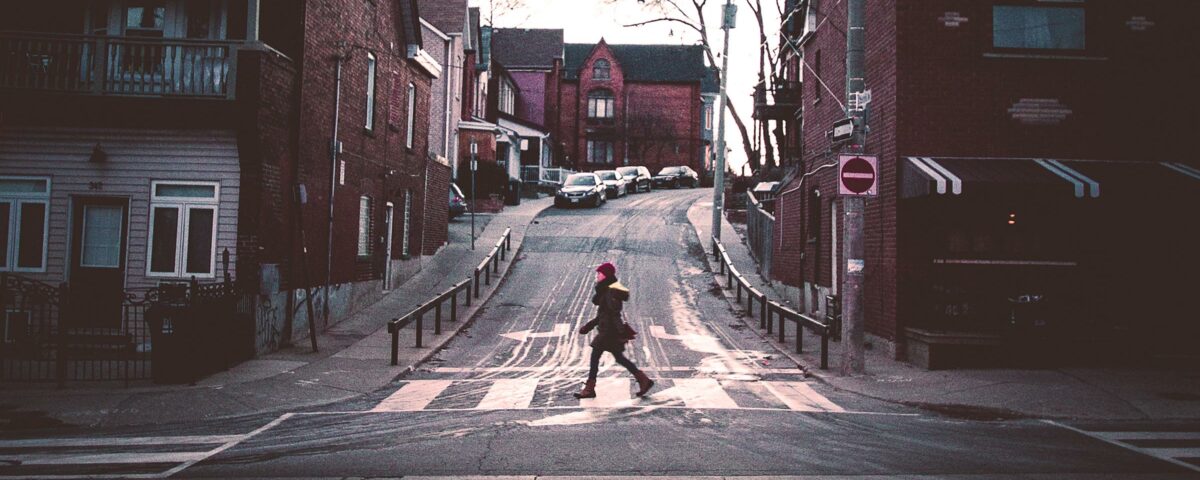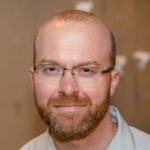A few years ago, we discovered our house had a drainage problem. We learned that if nothing was done we’d have some serious structural problems.
With little money and even less knowledge, my wife and I watched a couple of YouTube videos and decided we could fix the problem ourselves.
We worked late into the night digging trenches and running PVC pipe through our yard. At various times, older and wiser people would stop in to see us waist deep in the yard. They’d laugh at us, give us a few pointers, and loan us some tools.
It was hard work and really messy, but we finished it. And, while it’s certainly not perfect, it saved us potentially massive damage to our house in the future.
That process mirrors a journey our church has been on the last few months. Many of us had been noticing the massive structural damage happening to our communities because of deep divisions around political, ethnic, and religious differences.
Our church felt called to live out a different story. We wondered what it could look like to embody the self-giving love of Christ in a community so divided.
We figured the best place to start would be to make some friends. As a result, we:
- Worshipped with a Spanish congregation in the city of Reading, Pa.
- Welcomed a Muslim businessman and Jewish rabbi to speak to us.
- Highlighted the work of a local safe house.
- Learned about opportunities to serve immigrants locally.
The result was a massive revival. Church attendance doubled, and money came pouring in from unexpected places!
OK, just kidding. None of that stuff actually happened. That would’ve been pretty awesome. But the reality isn’t quite that sexy. However, what has happened has, in my opinion, been pretty miraculous nonetheless:
– Forty people from our church traveled downtown to worship with a Spanish-speaking congregation (El Portico).
– One of our members felt compelled to work with the pastor of El Portico to offer job training and employment opportunities to members in his congregation.
– Some of us attended the Islamic Center’s Ramadan feast for a beautiful and humbling expression of hospitality and friendship.
– One of our attendees went from warning me ahead of time that having a Muslim up front during one of our services was dangerous to suggesting afterwards that we host a picnic for our two congregations to gather together.
– I recently ran into someone from our local conference of churches. She mentioned they were asking a prominent businessman and philanthropist how we can increase the impact local churches are having on the community. He mentioned our church by name and suggested they reach out to us.
I could go on. Of course I’m really excited about all of this, but the real question is:
How do we ensure this doesn’t become “that thing we did that one time”? How might we begin to integrate these types of intentional friendships into the regular rhythms of our community?
We don’t need one-off events that make us feel like we did something novel or educational. We need to develop new practices that shape us in new ways.
In his book You Are What You Love, James K.A. Smith says,
Stereotypes are (a) sort of unconscious, habituated way of perceiving the world and acting accordingly. No one ‘signs up’ to hold prejudiced stereotypes. Instead, they seep into us unawares, acquired unintentionally and yet, over time, becoming habits of perception…that govern and guide our behavior.
In short, most of our stereotypes are the result of habits we’ve formed that aren’t limited to — but certainly include — where, how, and with whom we spend our time.
Given that reality, it would seem that, if we are going to be churches that live out the love of Christ in our communities, then we need to help our people make choices that will, over time, reshape their perspectives toward our neighbors.
For us, this means working to build long-term partnerships where we can serve alongside, and even be led by, people from these communities, because we recognize that we have much to learn from them.
It means we’re doing the hard work of working with people who have different cultural values and trying (sometimes failing) not to assume ours are better.
It means getting used to communicating with an interpreter and/or having difficult conversations when interpreters aren’t available.
It means having to actually think about how to embody the gospel in a different cultural context that might just be a few doors down.
This is not easy work. And we’re not exactly sure what we’re doing. But we’ve seen the need and are jumping in together, working side by side, asking for input along the way from those who have been there before us.
In the end, whatever we build won’t be perfect, but our hope and prayer is that it will be something that will shape us into the kind of people who look more and more like Jesus in the world.
Even if we get a little messy along the way.


